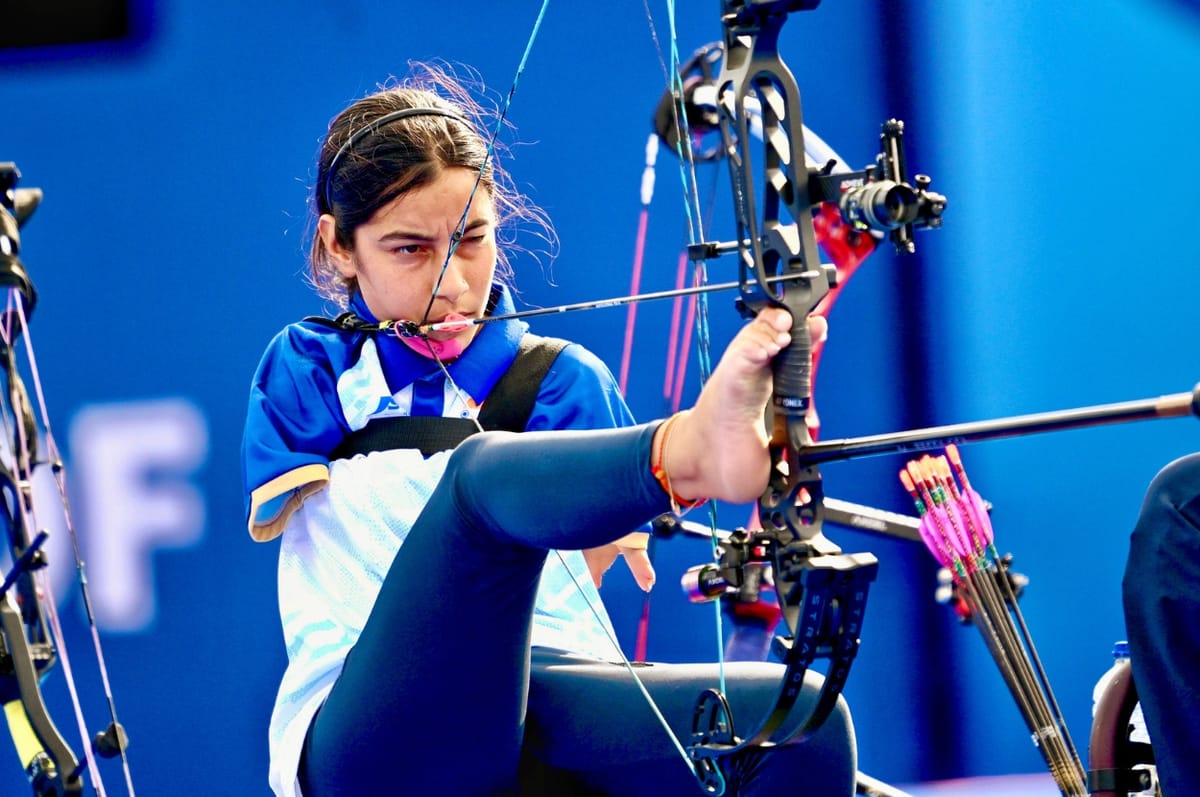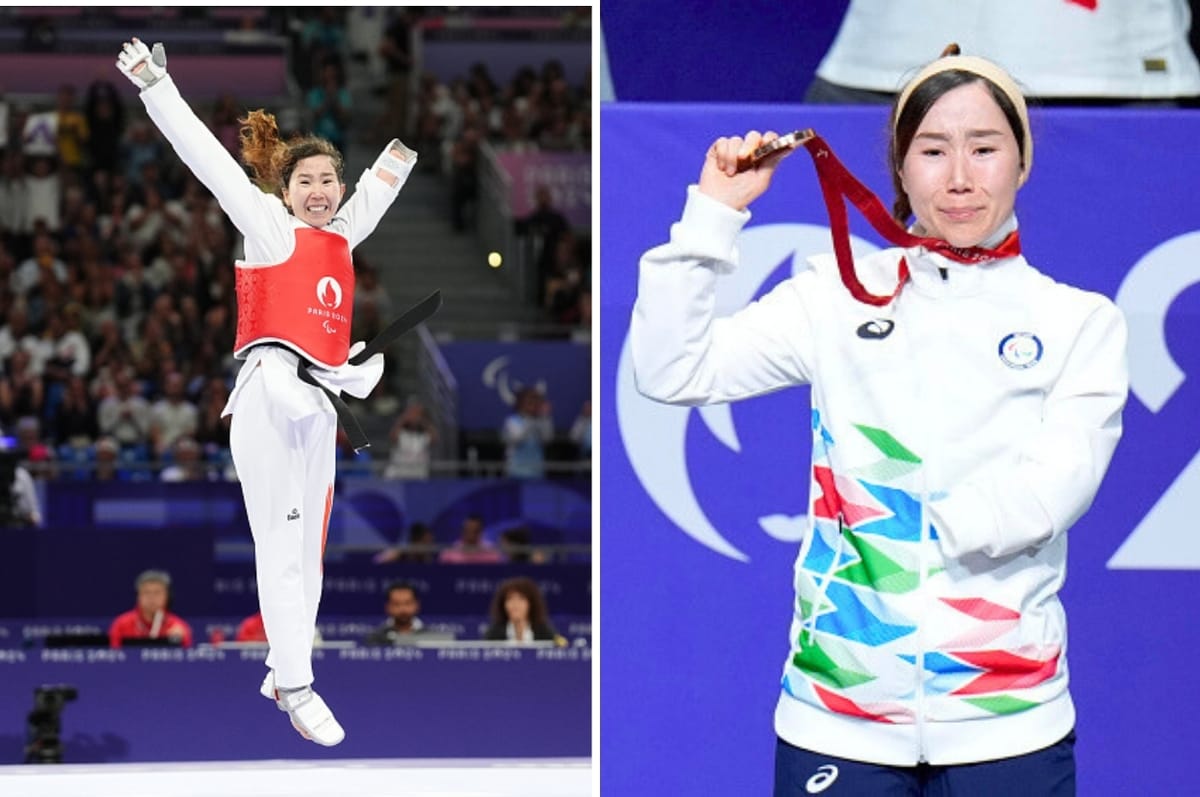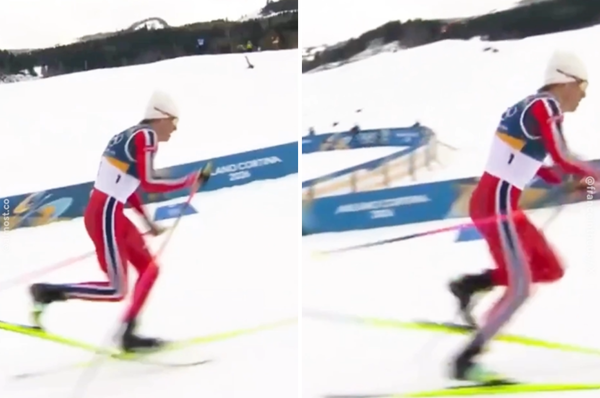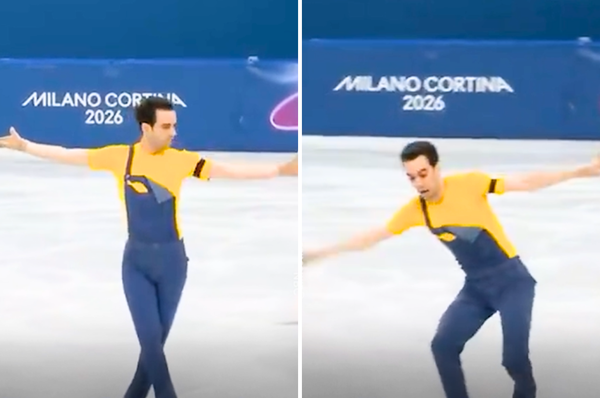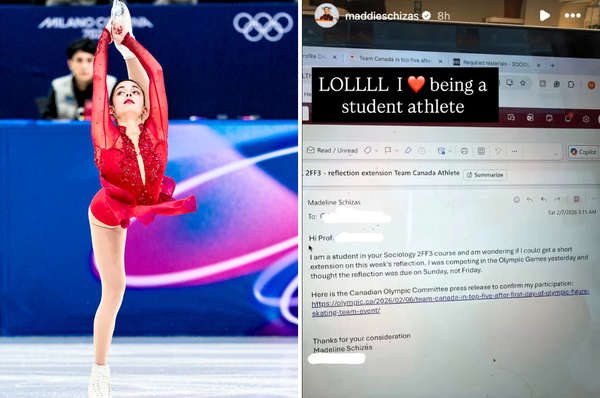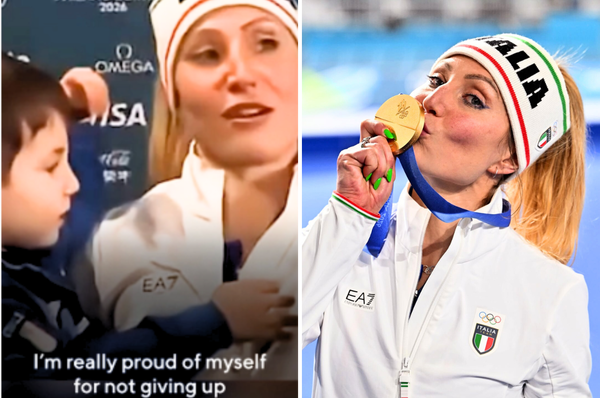Champions Of Hope And Resilience: Meet The Paralympic Refugee Team
This year, eight athletes are competing on the Refugee Paralympic Team at the Paris Paralympics — the most ever – and two have made history as the first refugees to ever win Paralympic medals.
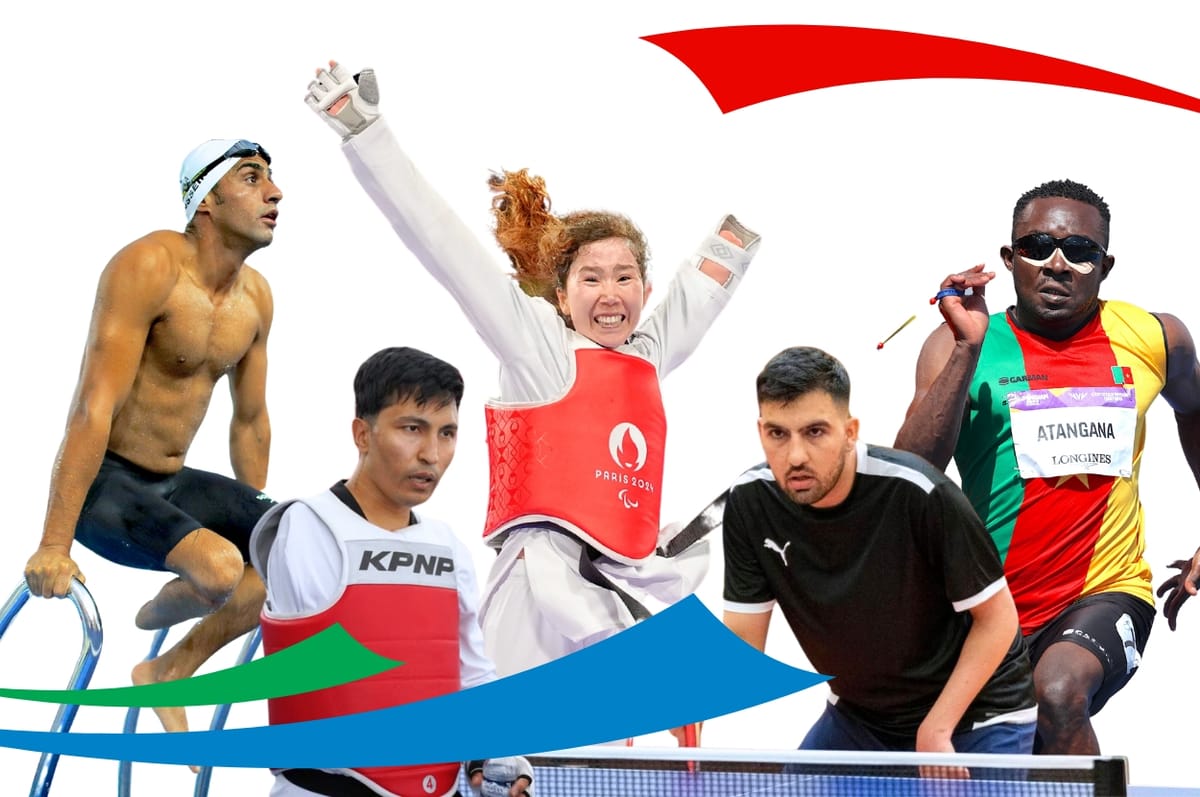
This year, eight athletes are competing on the Refugee Paralympic Team at the Paris Paralympics — the most ever.
Two athletes have already made history as the first refugees to ever win Paralympic medals, with Zakia Khudadadi from Afghanistan winning bronze in Para Taekwondo and Guillaume Junior Atangana from Cameroon winning bronze in the men’s 400m.
Zakia Khudadia – Para Taekwondo (Afghanistan)
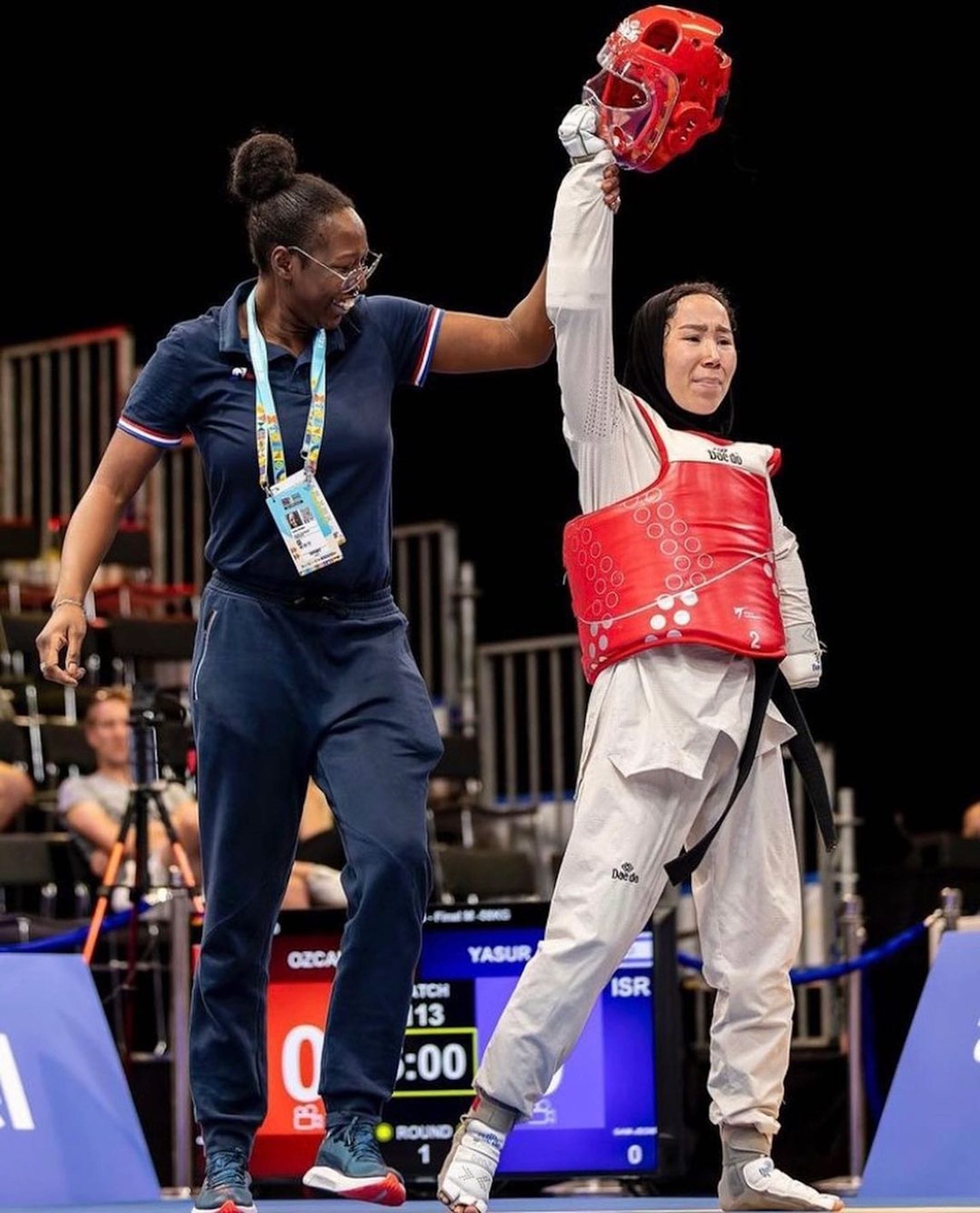
After the return of the Taliban, Khudadia requested help to leave Afghanistan so she could take part in the Tokyo Paralympics. With the help of Spain, she was smuggled out of her home country and has made history in Paris as the first refugee paralympian to ever win a medal.
“This medal is for all the women of Afghanistan and all the refugees of the world. I hope that one day there will be peace in my country.”
Ibrahim Al Hussein - Para Triathlon (Syria)
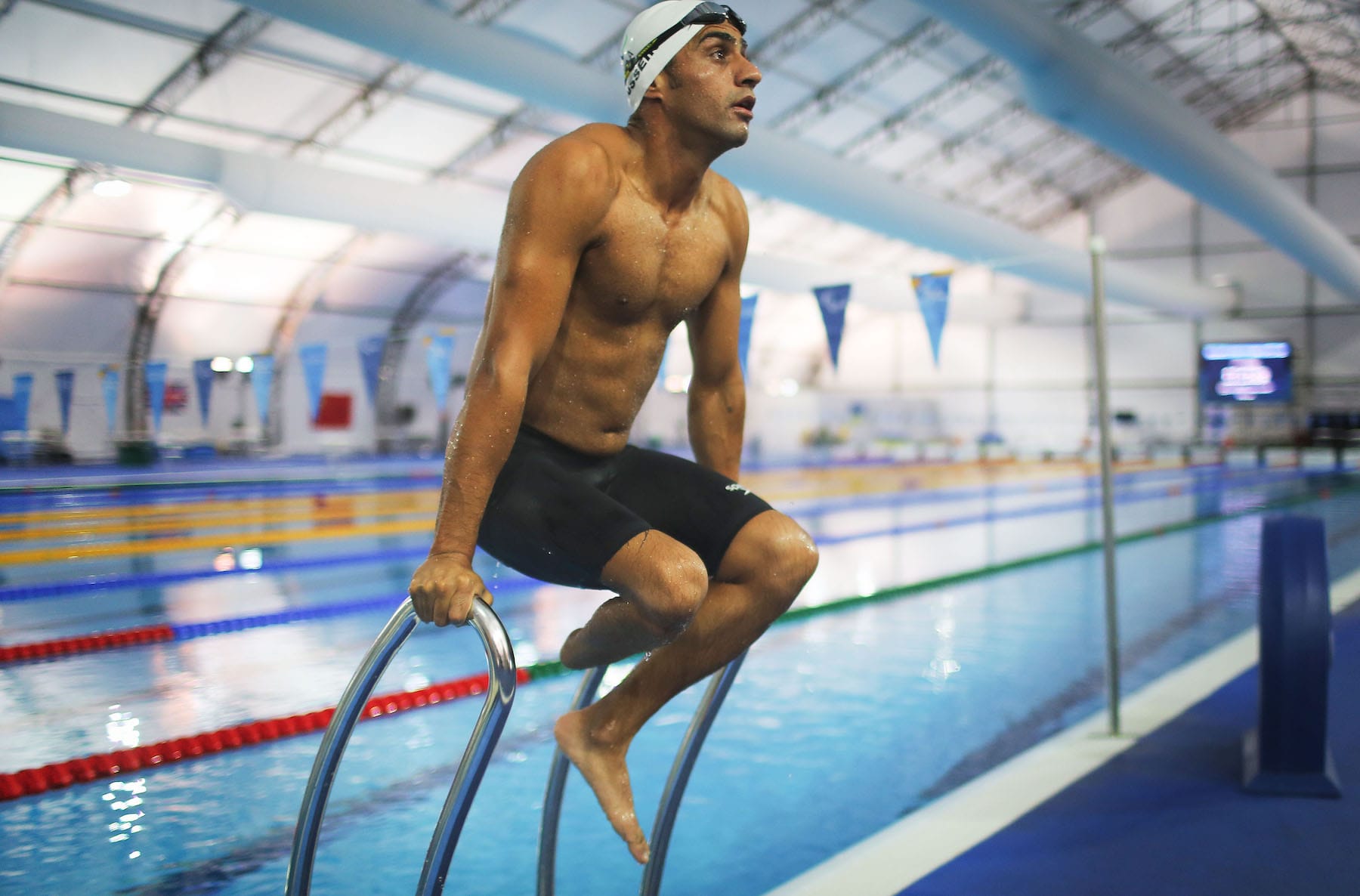
In a bid to save his friend, triathlete Al Hussein rushed to help his friend who had been shot by a sniper during the Syrian civil war in 2012. During the rescue, a tank shell exploded near him, blowing off his lower right leg. After competing in the Rio Paralympics, he has competed in every Olympics since.
"There was a lot of suffering in my journey, but I hope people who see me or read about me realize that even if you're a refugee or become disabled, life has not stopped. No matter what struggles you face in your life there is still so much good you can do and so much you can achieve."
Guillaume Junior Atangana - Para Athletics: Sprinting (Cameroon)
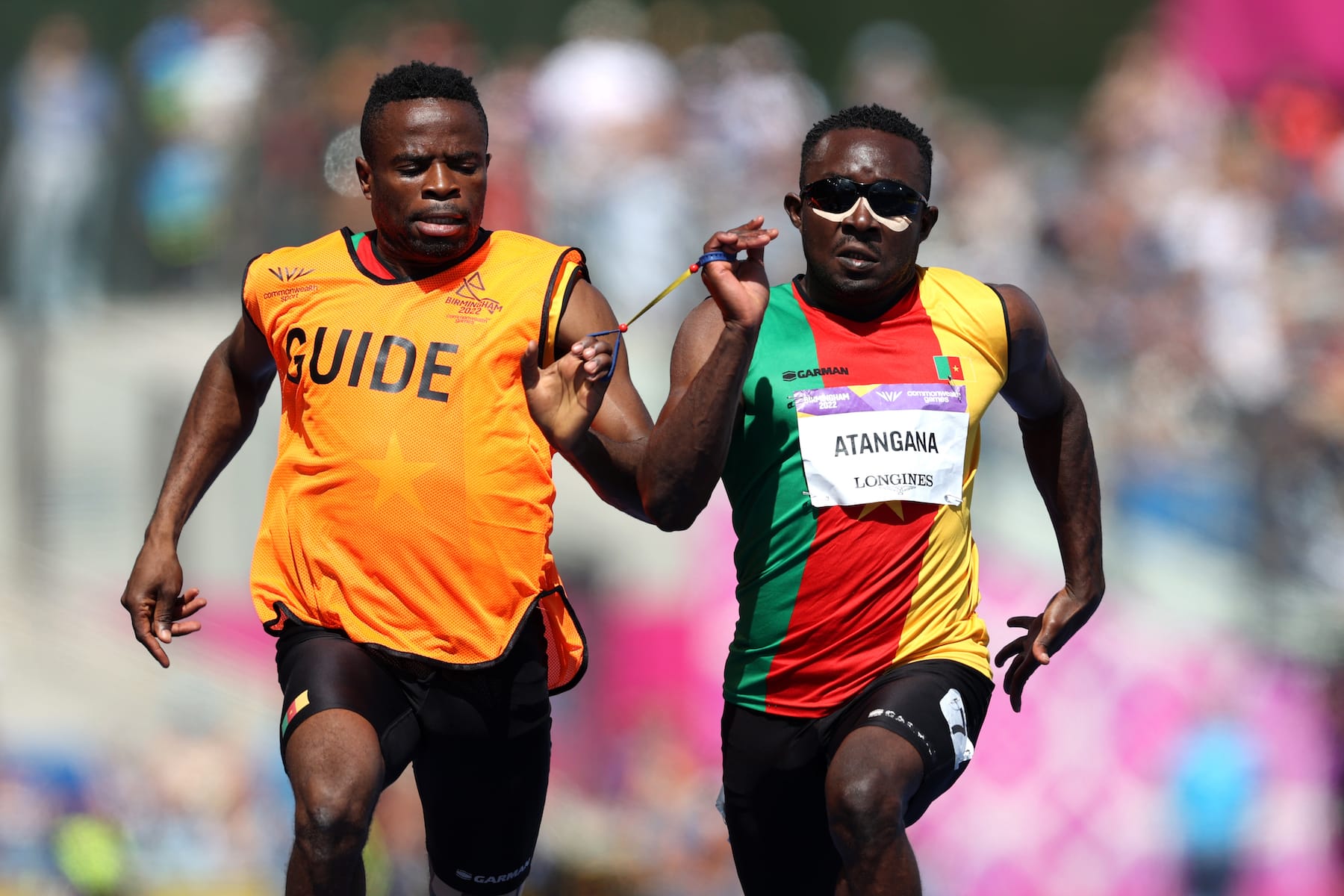
Flagbearer Atangana sought asylum in the UK as the situation in Cameroon worsened due to the war, and it became difficult to continue sports in a safe environment.
“When I lost my eyesight, I thought that without sport, my life was over. I realized I had to keep doing what I love, and that was the start of becoming a great champion.
Salman Abbariki – Para Athletics: Shot Put (Iran)
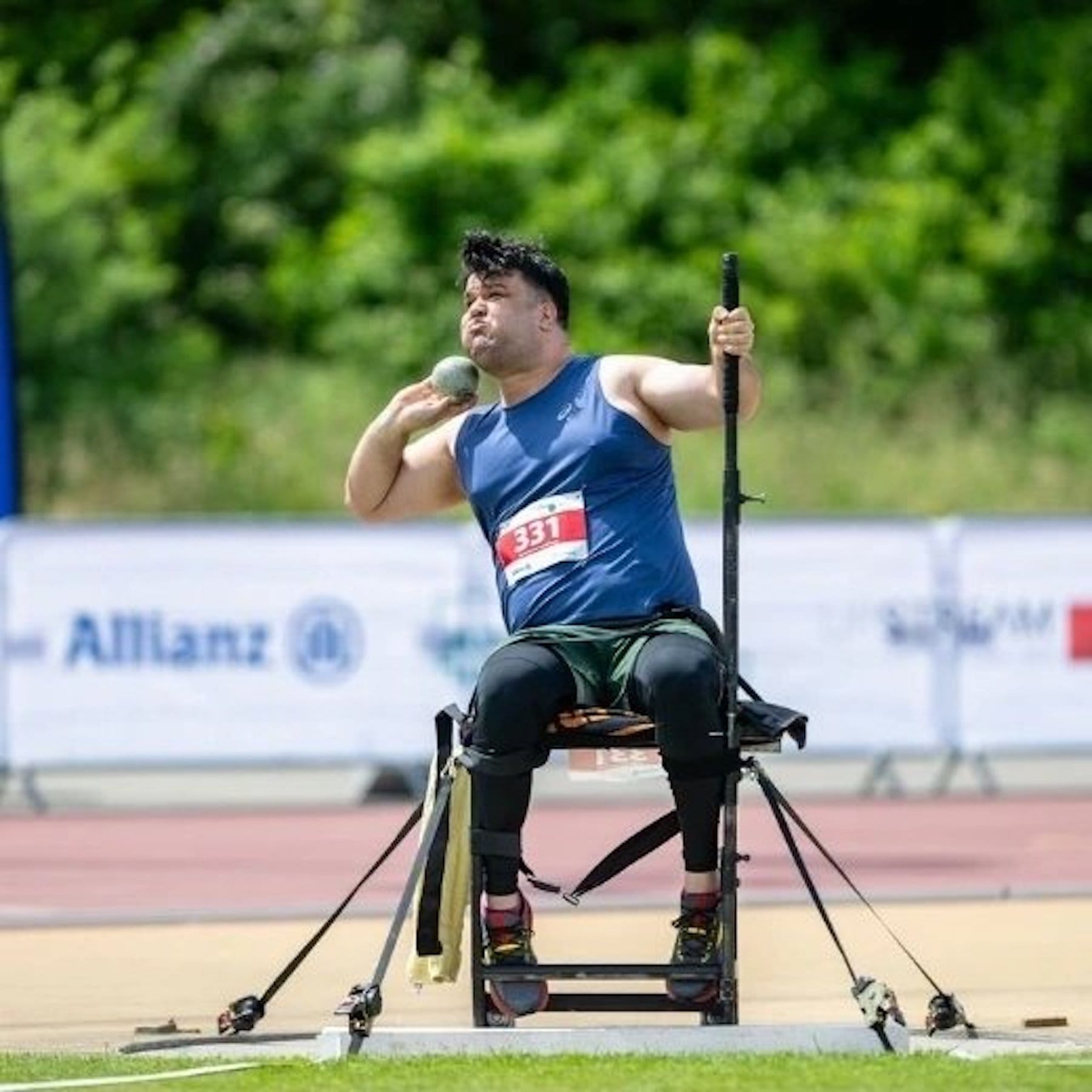
Asian Para Games 2010 champion Abbariki has returned to the Olympics as a part of the refugee team after competing for his home country, Iran, in 2012.
“I can tell people with disabilities that in no way should disability be a limitation to your progress. You can be an inspiration in the lives of others.”
Sayed Amir Hossein Pour - Para Table Tennis (Iran)
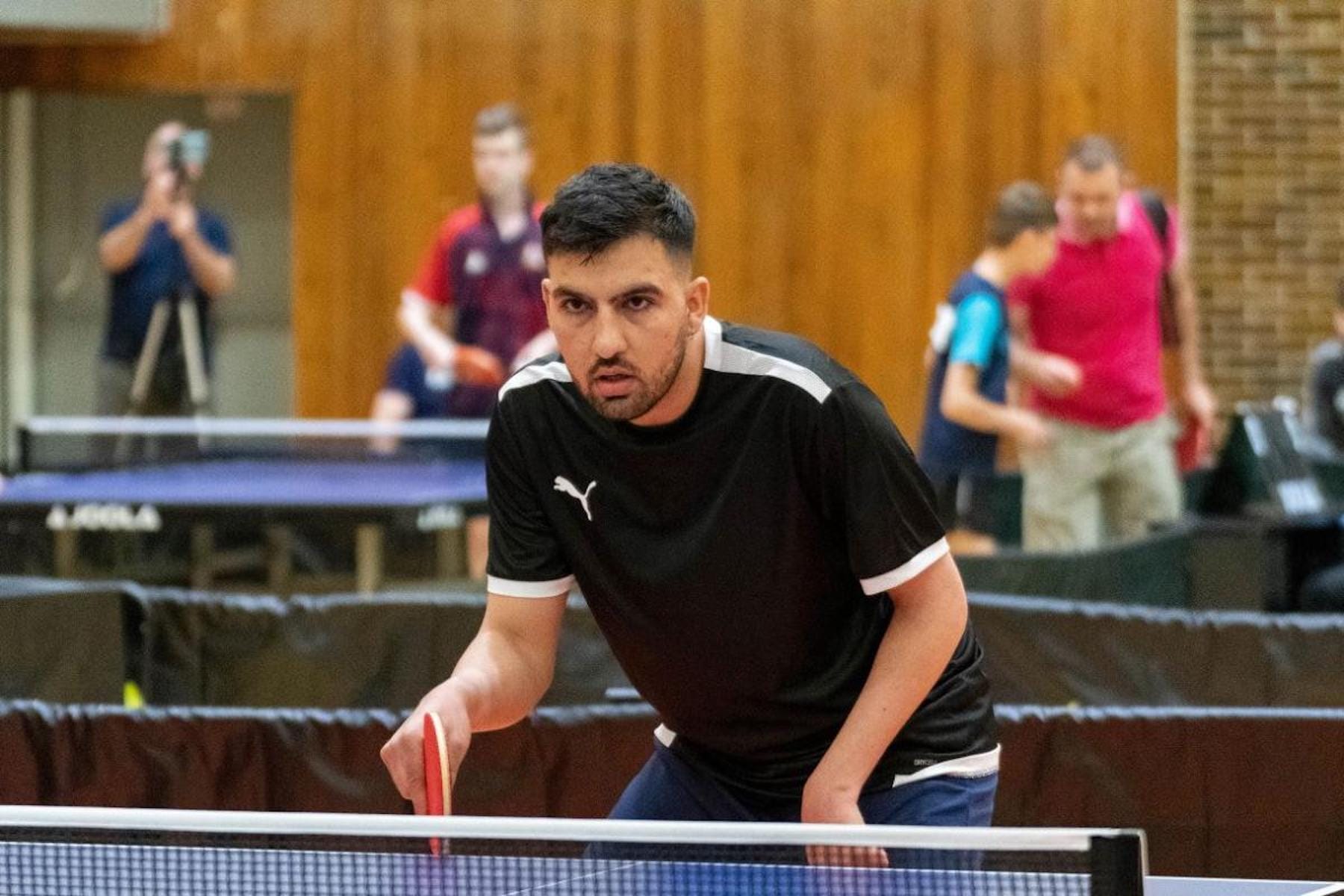
After throwing away his table tennis dreams due to his disabilities, Sayed stumbled upon a sports center for people with disabilities in his city – beginning his journey of becoming a top-level athlete. He went on to win two gold medals at the Asian Youth Para Games 2021 in Bahrain.
“Perhaps it’s not easy for anyone who has never been a refugee to understand, but being forced to flee your country, being away from your family and the enormous challenges you face in a new country are some of the hardest conditions any human can experience."
Hadi Hassanzada - Para Taekwondo (Afghanistan)
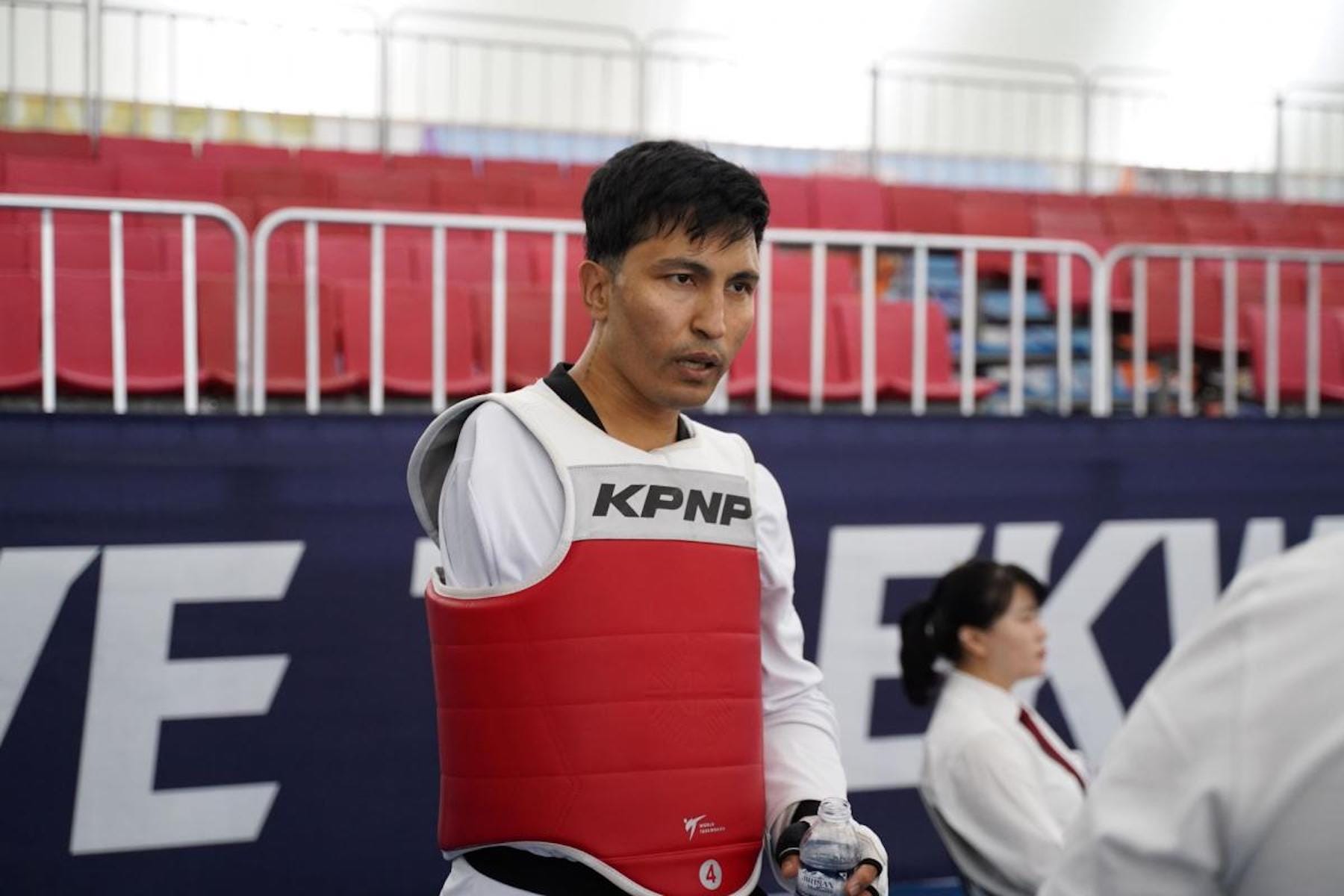
Displaced from Afghanistan to Iran to Afghanistan again, Hassanzada, was close to death as he lived in the forests of Turkey in the winter. But through it all, sports has been the one factor that he relied on.
“Deficiencies can be turned into opportunities; you just need to recognize them and work hard to overcome them.”
Amelio Castro Grueso - Wheelchair Fencing (Colombia)
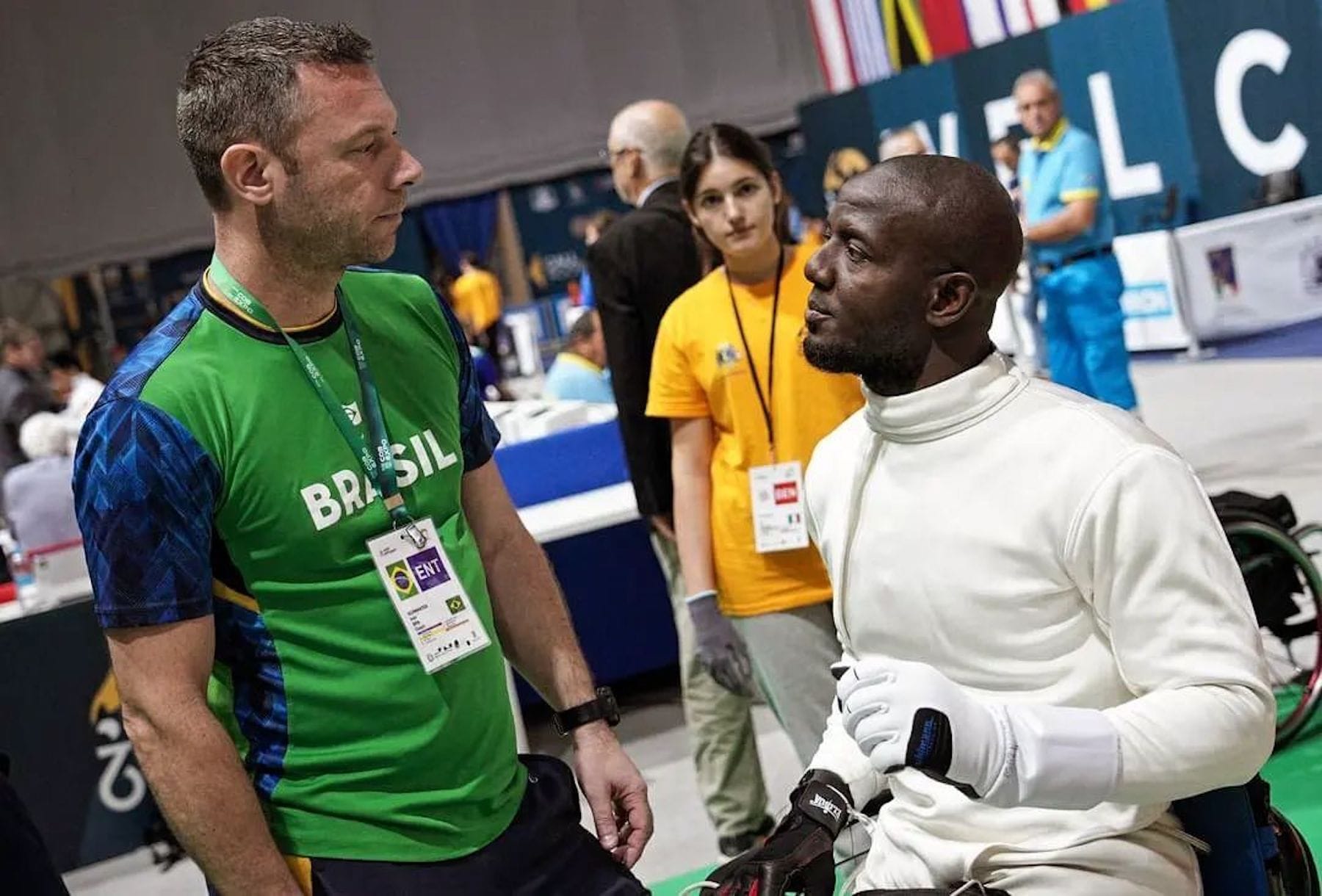
After losing use of his legs in a traffic accident and being forced to flee his country due to threats, Grueso arrived in Italy in a wheelchair, not knowing anyone or the language. He now has his eyes set on winning a Paralympic medal and to finish writing his book.
“Sport means everything to me because it is thanks to sport that I have been able to rebuild my life. To meet all the wonderful people that surround me today and above all to be able to inspire others to follow their dreams. That is the thing that fulfils me the most now. Sport gives me this platform to motivate others to fight for their dreams and to never give up.”
Hadi Darvish - Para Powerlifting (Iran)
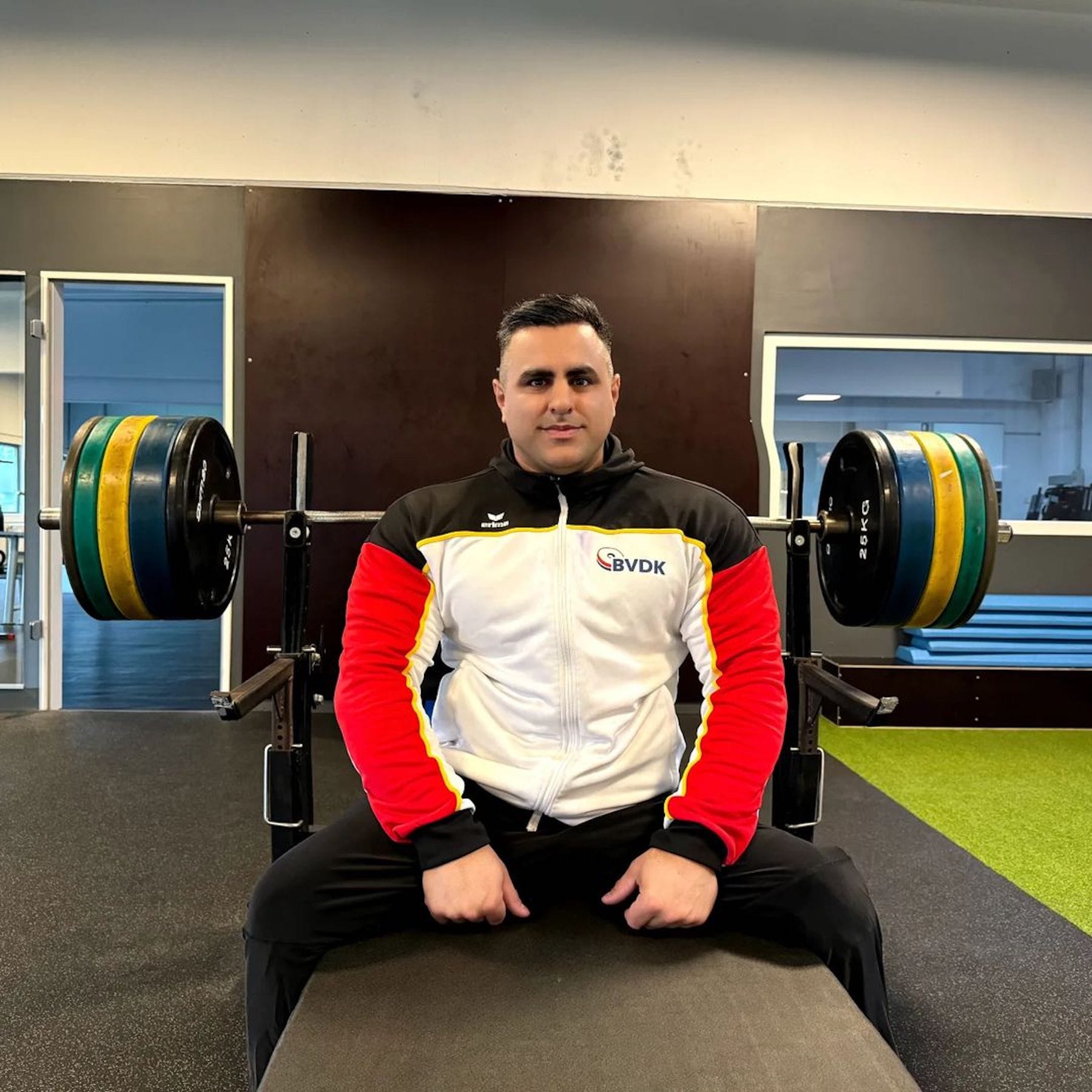
After being forced to leave behind his family, job and everything he owned in his home country, Darvish lived in a refugee camp in Germany for two years while continuing to train for his Paralympic dreams.
“Being on the team has a double meaning for me. On the one hand, I am sorry I do not have the flag of my country in my hand. On the other hand, I am very happy that I have been given this amazing opportunity. For my country Iran, I wish for freedom and happiness. And I call on everyone to fight for their goals and dreams.”
More On The Paralympics
